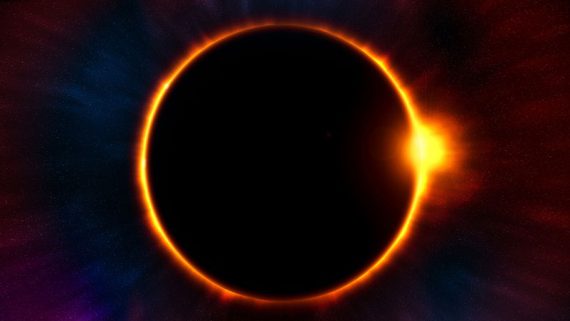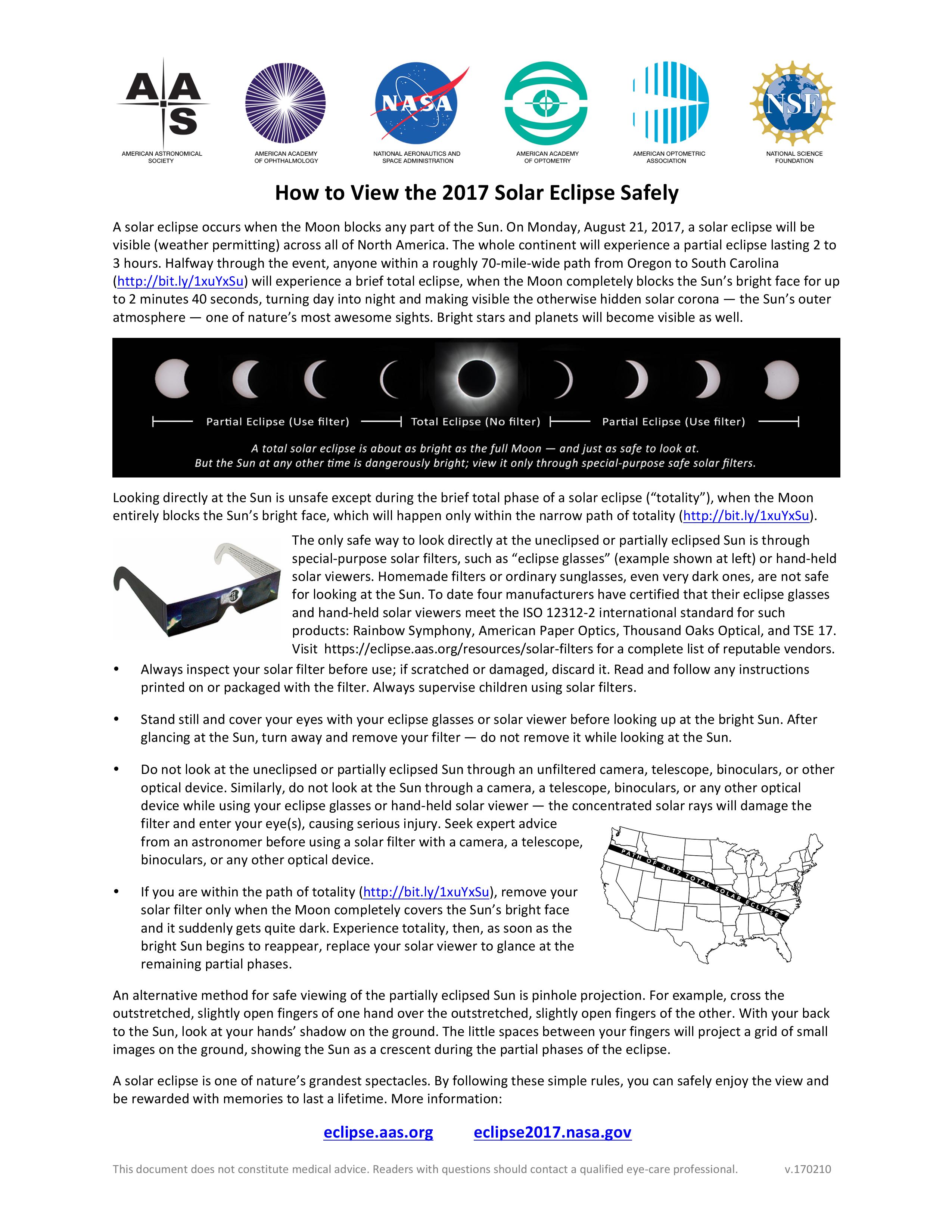How Seasonal Allergies Affect Your Eyes
As spring is coming into full swing, we tend to find ourselves spending more time outside. You may start to notice during this time of year your eyes start to get more red, itchy, and watery – especially on those days that you’re spending a lot of time outdoors. What is happening to our eyes and how can we help? Today we’re going to discuss seasonal allergies, and how they can affect your eyes.
What causes ocular allergies?

There are a large number of things that can cause ocular allergies. Pet dander, dust mites, perfumes, and other irritants can come from sources inside the home throughout the year. During the spring and fall seasons plants start to release pollen which is a major source of seasonal allergies.
Grass pollen is generally worse in the spring, and ragweed in the fall. These small particles float in the air and come in contact with our eyes. When our immune system overreacts, inflammation occurs which causes the eyes to get watery, itchy, and congested.
What are the symptoms of ocular allergies?
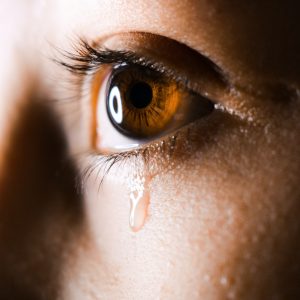
On top of having nasal congestion or a runny nose, symptoms of ocular allergies include: redness, itching, burning, watering, crusting, swelling, and possible contact lens discomfort. Sometimes symptoms are very similar to other eye problems, like infection, so if ever in doubt call your optometrist to have your eyes evaluated.
What can we do to help?
Wearing eye protection when you’re outside can help tremendously. Especially if you’re doing lawn work (mowing, gardening, etc.) and using power tools or mowers, wearing safety glasses or goggles can help prevent pollen and other materials from getting into the eye.
Drinking lots of water and staying hydrated can help with symptoms of dryness due to allergic reactions. If you wear contacts, rinse your lenses with contact lens solution after spending a prolonged period outdoors and consider wearing glasses if symptoms are bothersome.
If it seems to be a continual problem call your optometrist! We see patients in Northwest Arkansas all the time for ocular allergy problems. We can determine with an evaluation of the front surface of your eyes whether it is allergies, infection, or other type of inflammation. Depending on the severity of your symptoms we can recommend over the counter or prescription medications to help alleviate symptoms of your ocular allergies.
When in doubt give us a call!

If you have respiratory problems with allergies as well, we sometimes consider referring patients to allergists for full testing, to determine what substances cause problems for patients and provide better resources to reduce symptoms in the future.
Dryness, redness, and itching are very common eye symptoms. If you ever have symptoms that become severe and cause pain or discomfort always give us a call immediately so we can determine how best to treat the problem!
Eye Safety at Home and the Workplace
Over a million eye injuries happen every year in people’s homes. It is estimated 90 percent of those injuries could be prevented with proper eye safety. At our practice, Advanced Family Eye Care, here in Springdale, Arkansas, we see at least a handful of patients each week who have had injuries to their eyes.
What are common safety hazards at home?
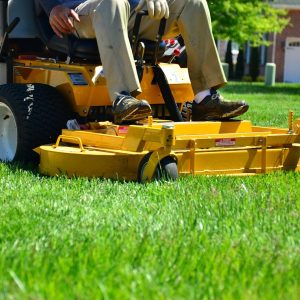
Using power tools and falling can make any object dangerous, especially in regards to the eyes. The most common injuries are often caused by toys with small parts/projectiles or from chemicals.
Injuries can also happen when cooking, especially when cooking with hot oil or charcoal. Cosmetic injuries can happen as well when gluing fake eyelashes or using a curling iron – there are a lot of avenues for potential injury.
Some of the most dangerous places for eyes are when working outside or in the garage. Lawnmowers and weed eaters can throw rocks and other projectiles at high velocity, risking injury to the eye. Welding, grinding, and high impact jobs can cause particles or burns to damage the eye as well. Also use caution when using fertilizers, pesticides, and other chemicals for lawn care or your garden.
How can you best protect your eyes?

First is creating an environment that promotes safety, making sure you use proper tools for proper jobs in the home, kitchen, garage, and lawn. Be sure not to mix improper chemicals when cleaning your home. Bleach is a common cleaning agent that is not safe to mix with a majority of other cleaners such as ammonia, vinegar, or rubbing alcohol. Be sure to read safety labels and as a general rule of thumb don’t mix chemicals together! Make sure to buy age-appropriate toys for children, and don’t leave them unsupervised with toys that may cause injury.
Using eye protection is the next important step, and usually, standard glasses won’t cut it. Normal glasses are often not rated for impact resistance, and can actually shatter and cause further injury. Safety goggles or splash goggles that are OSHA rated are recommended when using chemicals for cleaning or lawn care, they can help prevent chemical burn to the eyes. Using polycarbonate safety glasses and face masks are recommended when working around high velocity or impact jobs. Using a grinder, mowing, or using other tools can cause debris to fly towards the face, and impact-resistant lenses can be a savior when a projectile is involved.
When should I seek help if I may have had an eye injury?
As soon as possible! We see numerous patients a week that have injuries to the eye, and the longer you wait to be seen the worse the condition becomes. Injuries involving metal to the eye can rust, and other foreign objects may cause infection. If chemicals or other foreign bodies may have entered the eye, flush the eye with clean water (preferably in an eyewash station) and call our office to be seen immediately. Do not attempt to remove objects in your eye yourself. Improperly removing objects can make the injury worse, and cause secondary problems that can cause serious complications.
These need to be treated as soon as possible to help prevent further injury. If you or a loved one feels like they may have gotten something in their eye or an injury to the eye, be sure to call our office as soon as possible!
Having Night Vision Problems? Here’s A Few Tips.

One of the biggest concerns we hear from patients is problems with night vision. This can be very serious, especially if the issue is worse when driving. Driving at night time can make night vision problems more pronounced and result in a dangerous situation.
Trouble Driving at Night
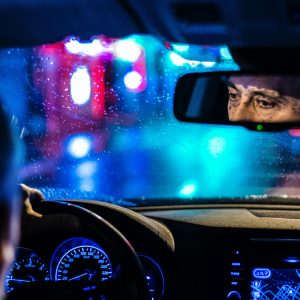
There are a few considerations when having problems driving at night. First is an uncorrected prescription. If you need glasses, this can cause your distance vision to be blurred, and is worse with low lighting. Second, everyone does poorly seeing in dark conditions and glare from headlights can make it very difficult to see road signs and lines on the road.
Aging and Night Vision Problems

As we grow older, structures in the eye start to change. One of those structures is called the lens, it gets thicker and allows less light into the eye. Changes in the light detecting part of the eye (the retina) causes us to have decreased rods (photoreceptors that help with night vision) and worsening night vision.
Halos, Glare, or Blurry Vision When Driving At Night

With changes in technology headlights are getting better as time goes on. However, better headlights for drivers are often brighter for those on the receiving side. These newer, brighter headlights can cause a lot of glare issues. This glare can be worse if you have astigmatism, which causes distance and peripheral blur.
What Can Help Night Vision Problems?

Those with mild to moderate issues with night driving can benefit from making sure their windshield is clean and headlights are at full strength. First and foremost, getting updated prescription glasses or contact lenses can help with distance blur and reduce strain when in low lighting conditions. We also recommend anti-glare coatings for glasses, as they can help reduce glare from headlights.
If the problem has rapidly changed or is severe, there are some genetic conditions that can result in a loss of night vision called nyctalopia.
If you or a loved one is experiencing a severe loss of night vision it is always recommended to get a comprehensive eye examination yearly and make sure no other problems are present.
Coast to Coast Total Solar Eclipse 2017
We are excited to be part of such a special day in history this Monday, August 21st. While the last Total Solar Eclipse in the USA only dates back to 1979, the last one to stretch from coast to coast has not occurred since June 8, 1918.
A solar eclipse occurs when the moon blocks any portion of the sun, and a total solar eclipse occurs only when the moon entirely blocks the sun, turning day into night for a few brief minutes.
Because being part of this special day in history is so important to many people, we want to make sure you are safe while doing so. Please take time to read the safety precautions recommended by NASA and the American Optometric Association. Everyone should make the most of this experience, but we also urge you to follow the recommended safety precautions. If you find you have any vision issues after the solar eclipse, please call our office at 479-750-3937 and make an appointment.
https://www.aoa.org/Documents/public/AAS-Solar-Eclipse-Safety-v170210.pdf


